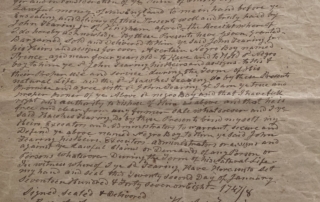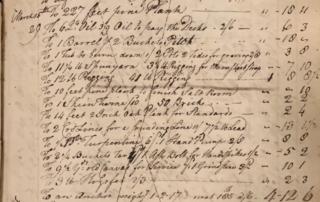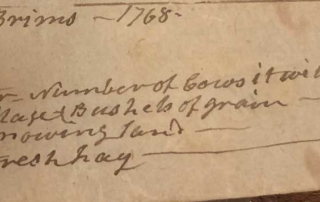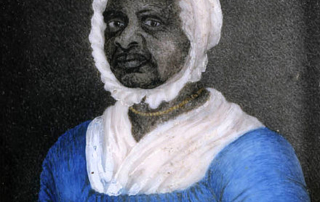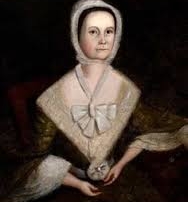1732: John Fearing of Hingham sells four-year old boy named Prince to Hawkes Fearing
John Fearing of Hingham sells four-year old boy named Prince to Hawkes Fearing, and in 1735, Hawkes Fearing sells Prince, now seven years old, to Benjamin Jones. Eighteenth century records record the sale of adults and children by and to Hingham families.

